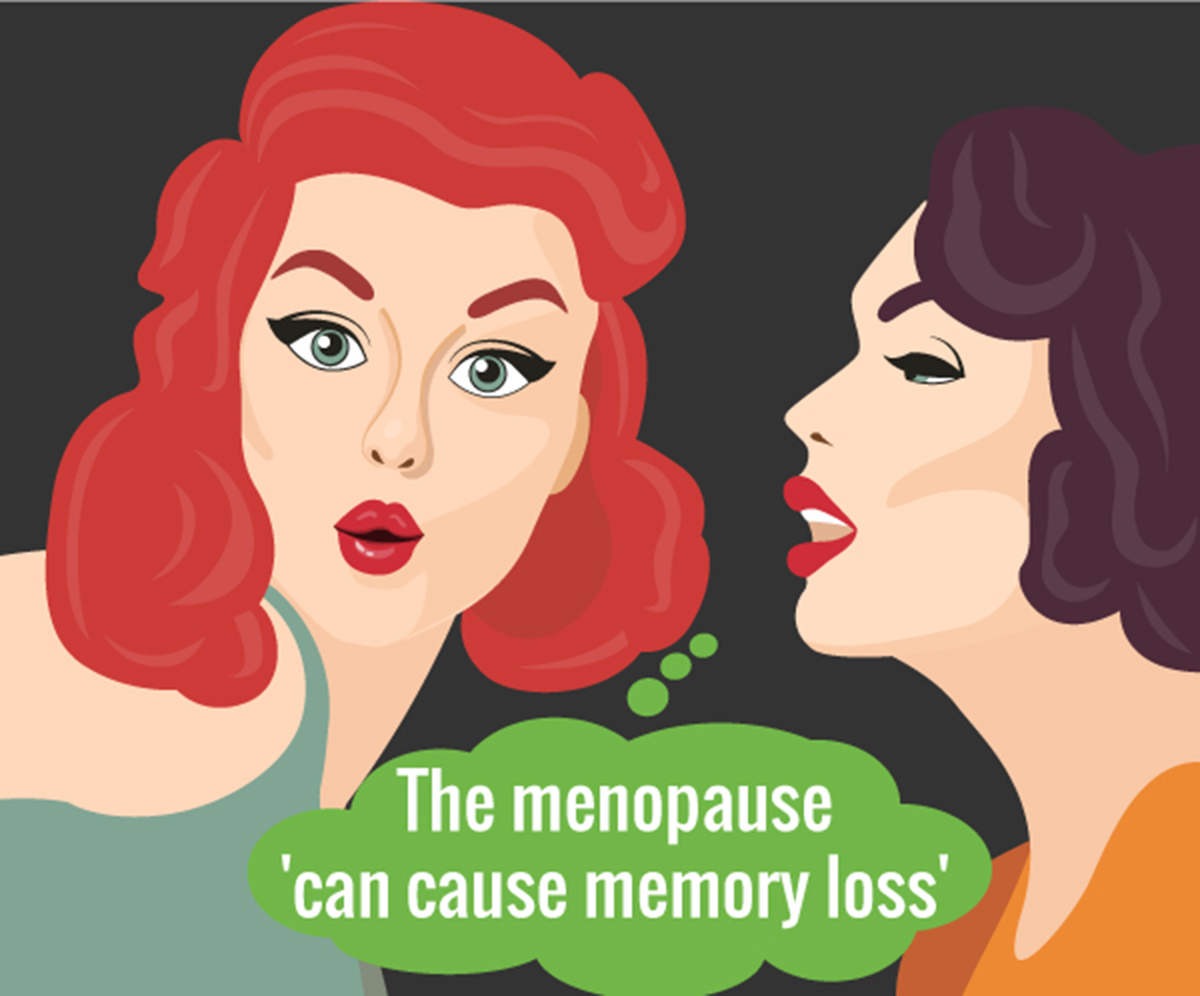Table of Contents
Memory loss is an unfortunate and well-documented consequence of the aging process, and it is estimated that around 75% of older adults report memory-related problems. In particular, women report increased memory related issues, such as forgetfulness, during the menopausal transition. Additionally, women are at an increased risk for dementia and memory impairment compared with men.
A clinical study was performed in the United States, where the aim was to investigate any variation in memory-related functioning in early midlife as a function of sex, reproductive status and sex steroid hormone levels. The study went on to demonstrate that middle-aged women outperformed their male counterparts in all memory-related measures, but their memory declined as they entered the post-menopausal state. The study also found that pre-menopausal and peri-menopausal women outperformed post-menopausal women in numerous key memory areas.

The clinical study
A cross-sectional study was performed where 212 women and men between the ages of 45 and 55 were chosen to take part in the clinical study. The memory-based tests that were performed on the test subjects included assessments on executive functioning, episodic memory, estimated verbal intelligence and semantic processing. Episodic verbal memory and associative memory were tested using a Selective Reminding Test (SRT) and a Face-Name Associative Memory Exam (FNAME).
Oestradiol and other sex hormone levels were also tested in the different reproductive stages of the female test subjects.
The findings and clinical significance of the study
This clinical study demonstrated two important findings: that middle-aged women outperformed their male counterparts across all the mentioned memory tests, and that women with higher oestradiol levels (pre- and peri-menopausal state) performed better in the numerous memory assessments when compared to those in the post-menopausal state.
Memory retrieval and initial learning, tested with the FNAME exam, were areas where the post-menopausal individuals were particularly vulnerable, whereas memory storage and consolidation were relatively well-preserved.
These findings highlighted the significance of the decrease in ovarian function and therefore oestradiol production in midlife and beyond and, thus, the role this situation plays in shaping memory function.
READ Certain Plant-Based Therapies May Improve Menopausal Symptoms
It would then be suggested that physicians be aware that post-menopausal women do have a higher chance than men and pre-menopausal women to develop memory-related issues, such as dementia and memory impairment. Post-menopausal patients experiencing memory-related symptoms should then be referred to receive the correct management therapies such as hormonal replacement therapy, if it's not contraindicated, and allied health services from occupational therapists.
The family members of patients also need to be educated regarding memory-related impairments. This allows the patient's family members to familiarise themselves with memory impairment conditions and to prepare themselves regarding how to look after the needs of the patient.
- www.medicalbrief.co.za/archives/effect-menopause-memory/
- www.mayoclinic.org/diseases-conditions/menopause/basics/definition/con-20019726
- Photo courtesy of helloturkeytoe: www.flickr.com/photos/helloturkeytoe/14741409013/
- Photo courtesy of steadyhealth.com
- Photo courtesy of steadyhealth.com


Your thoughts on this